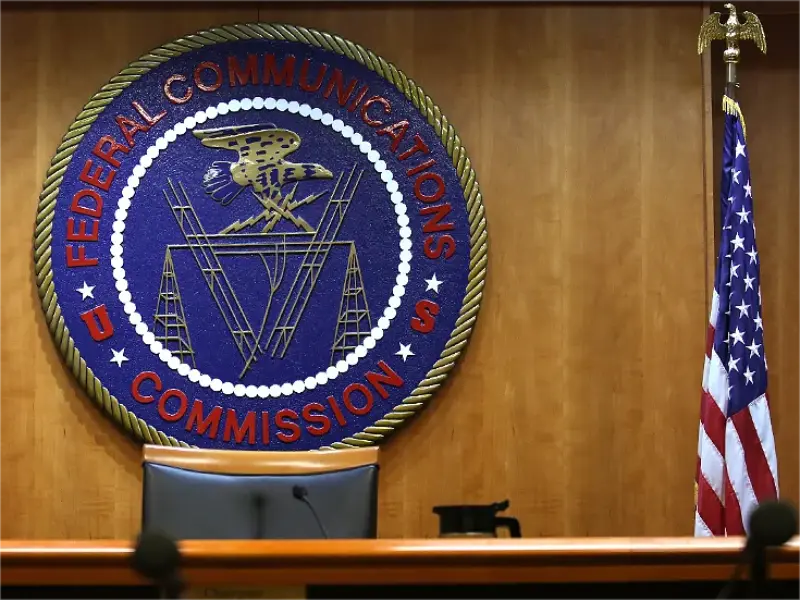- In 2019, Congress told the FCC to require U.S. telecom carriers that receive federal subsidies to purge their networks of Chinese telecom equipment. The FCC said removing the equipment is estimated to cost $4.98 billion but Congress has only approved $1.9 billion for the “rip and replace” program.
- FCC said on Thursday that nearly 40% of U.S. telecommunications companies asked to remove Chinese telecom firms’ equipment from U.S. wireless networks need additional government funding in response to national security risks.
- It is another funding request after Congress ignored a White House request for an additional $3.1 billion last October to further fund the dismantling of equipment made by Huawei and ZTE.
The Federal Communications Commission (FCC) said on Thursday that nearly 40% of U.S. telecommunications companies asked to remove Chinese telecom firms’ equipment from U.S. wireless networks need additional government funding in response to national security risks.
It is another funding request after Congress ignored a White House request for an additional $3.1 billion last October to further fund the dismantling of equipment made by Huawei and ZTE.
Also read: US enacts list of Chinese chip factories barred from receiving tech
Also read: China acquired banned Nvidia chips in Super Micro, Dell servers
The slowing ‘Rip and Replace Program’
In 2019, Congress told the FCC to require U.S. telecom carriers that receive federal subsidies to purge their networks of Chinese telecom equipment. After receiving initial funds, telecom companies will face a deadline to dismantle, replace and dispose of all equipment and services from Chinese telecom giants from May 29 to February 4, 2025.
The FCC said removing the equipment is estimated to cost $4.98 billion but Congress has only approved $1.9 billion for the “rip and replace” program. The FCC can only allocate funds first to applicants with 2 million or fewer customers, who receive only 39.5% of the replacement cost.
FCC Chair Jessica Rosenworcel warned “that they foresee significant consequences that could result from the lack of full funding, including having to shut down their networks”, adding that a failure by carriers to “fully remove, replace, and dispose of covered equipment and services would raise national security concerns by leaving insecure equipment and services in our networks.”
Because telecom providers in the program “serve many rural and remote areas of the country where they may be the only mobile broadband service provider, a shutdown of all or part of their networks could eliminate the only provider in some regions.”

